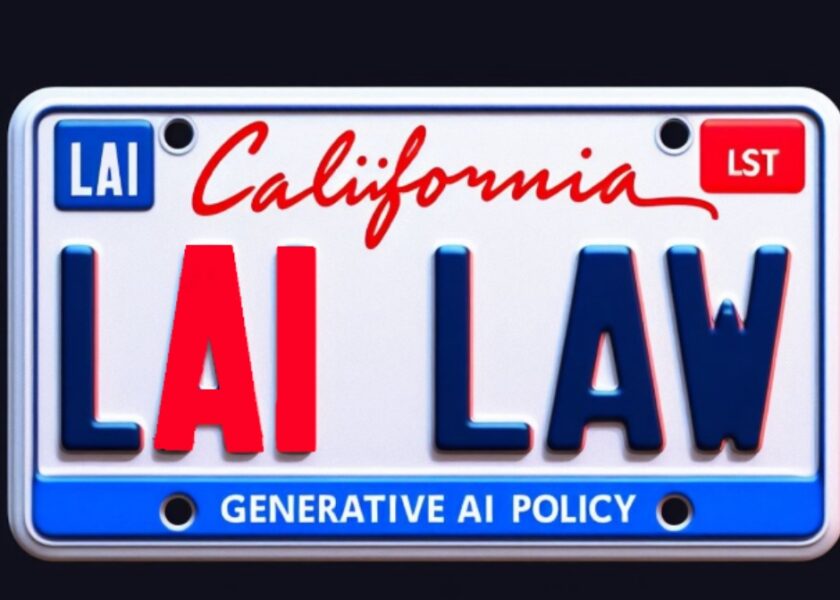Generally speaking having formalised, professional drafted terms, from a lawyer’s perspective, are always essential for every business. They provide the structure for the working relationship between client and supplier, set out the expectations of the parties on various points ranging from the intellectual property ownership to the total liabilities of the parties.
Where you are a service provider, offering Software as a Service (SaaS) to your clients it is imperative that the terms you are using to supply such services are drafted specifically for SaaS. Using standard service terms and conditions or licensing agreements will not usually be appropriate or relevant to SaaS. Having irrelevant terms where there is an issue in the future that the contract cannot solve the issue or may even amplify such issues.
Whilst every business operates differently, and therefore can benefit from bespoke terms being drafted for them, there are some key, important clauses that will need to be covered in detail in all SaaS contracts.
From a commercial perspective, a good SaaS will set out defined user numbers and accessible rights, simply what the end-user can do with the software and how many of such end-users there are permitted to use the software. There should be a procedure within the contract set out to address where the customer is increasing their users and how this is handled commercially and in practice. Of course, as with all contracts, there should also be payment clausing which address the payment structure of the transaction; whether there are monthly or annually fees, or additional fees based upon services provided as part of the agreement. When and how will these be paid is essential to every business.
Intellectual property is another key component which will need to be addressed and assessed throughout the document and the operation as a SaaS provider. Initially, where providing a 3rd parties software to your client, you will need to consider and know what rights you have to the software which will also need to be matched with the agreement the client is signing up to; you cannot give the client more rights than that 3rd party issues. Where you breach that parties rights you would likely be responsible for your own damage caused to the 3rd party but you may be liable for the damage caused by your client.
Where you’re providing your own software it is also key to ensure that you own the copyright. Where you do own such software then you will want to ensure the IP clause with your client assigns the correct rights to use such software which are both required for the client to utilise the software. More importantly is also ensuring that you maintain overall ownership of the software to freely market it to your various other clients.
A vitally important element that has enjoyed a significant rise in screen time over the past few years is data protection. As an SaaS provider the very likely outcome is that you will be hosting, and responsible for, a large amount of data (whether regular data or personal data) and as such your SaaS should incorporate modern, up-to-date and GDPR compliant data terms that address the liability of the data, the ownership of the data and the expected levels of security.
As well as the above key clauses it would usually be advisable to ensure that you have terms of use and a privacy policy in place. Terms of Use are a legally binding contract with your client which sets out the guidelines and rules to be followed by the end-users when using the software. For example you would want to, usually, restrict the sharing of account and access details, and of course would like to prohibit any attempts to modify or alter the software.
A privacy policy is an outwards facing document which informs 3rd parties, such as your clients, suppliers and end-clients how their data is handled, processed and used, It is important to have one in place which advances the key principles of data protection. For more information please read more here.
With SaaS contracts there are of course many important clauses which should feature in a high quality SaaS Agreement, or any set of standard terms and conditions, which will want to feature but there are too many to set out here.
If you are an SaaS business looking to get your terms updated, reviewed or drafted for the first time you should get in touch with us by telephone at 01273 447 065, by email to [email protected]. We are always happy to have an obligation free discussion at the outset to discuss you, your business and what you are looking for.




